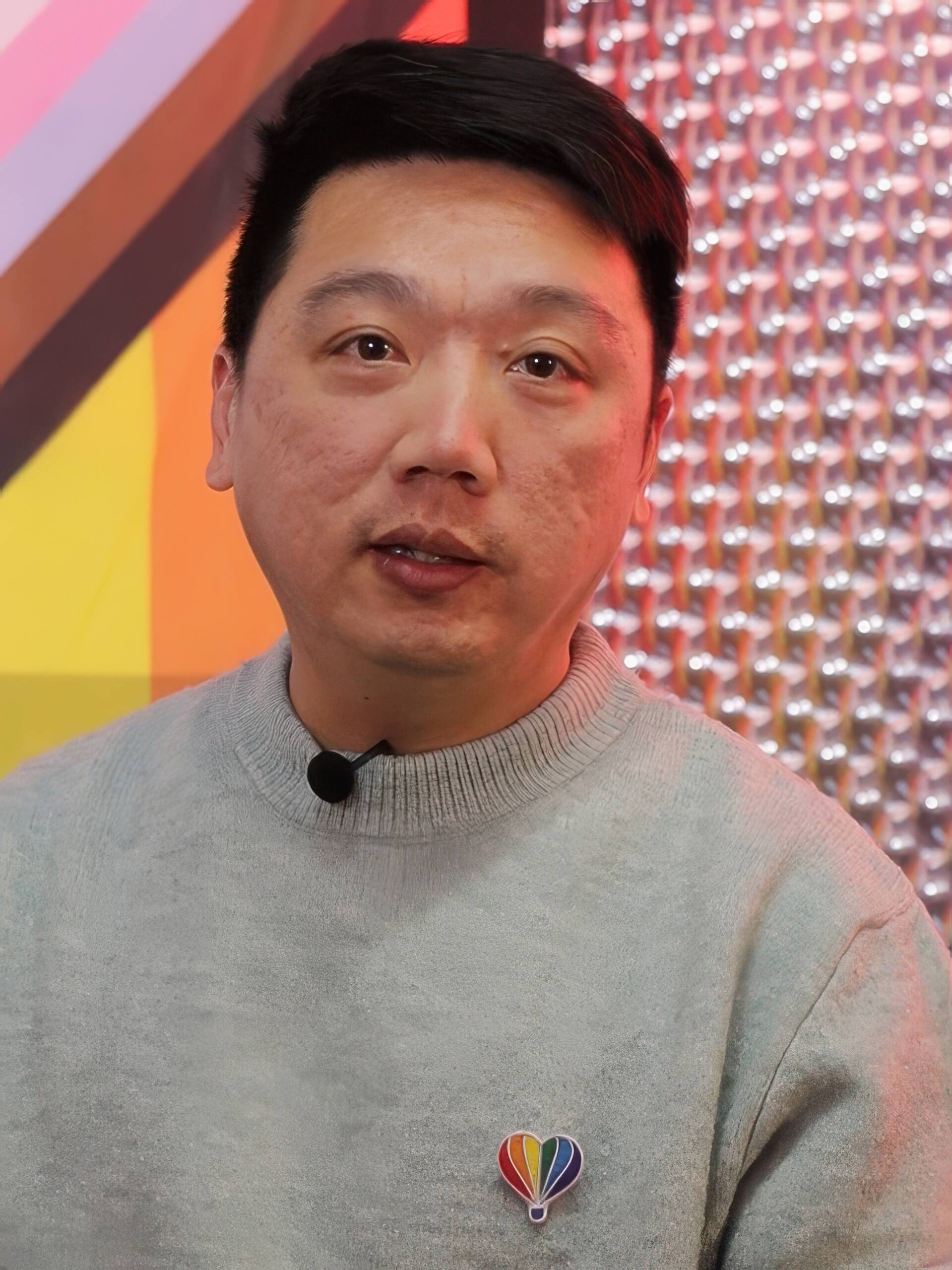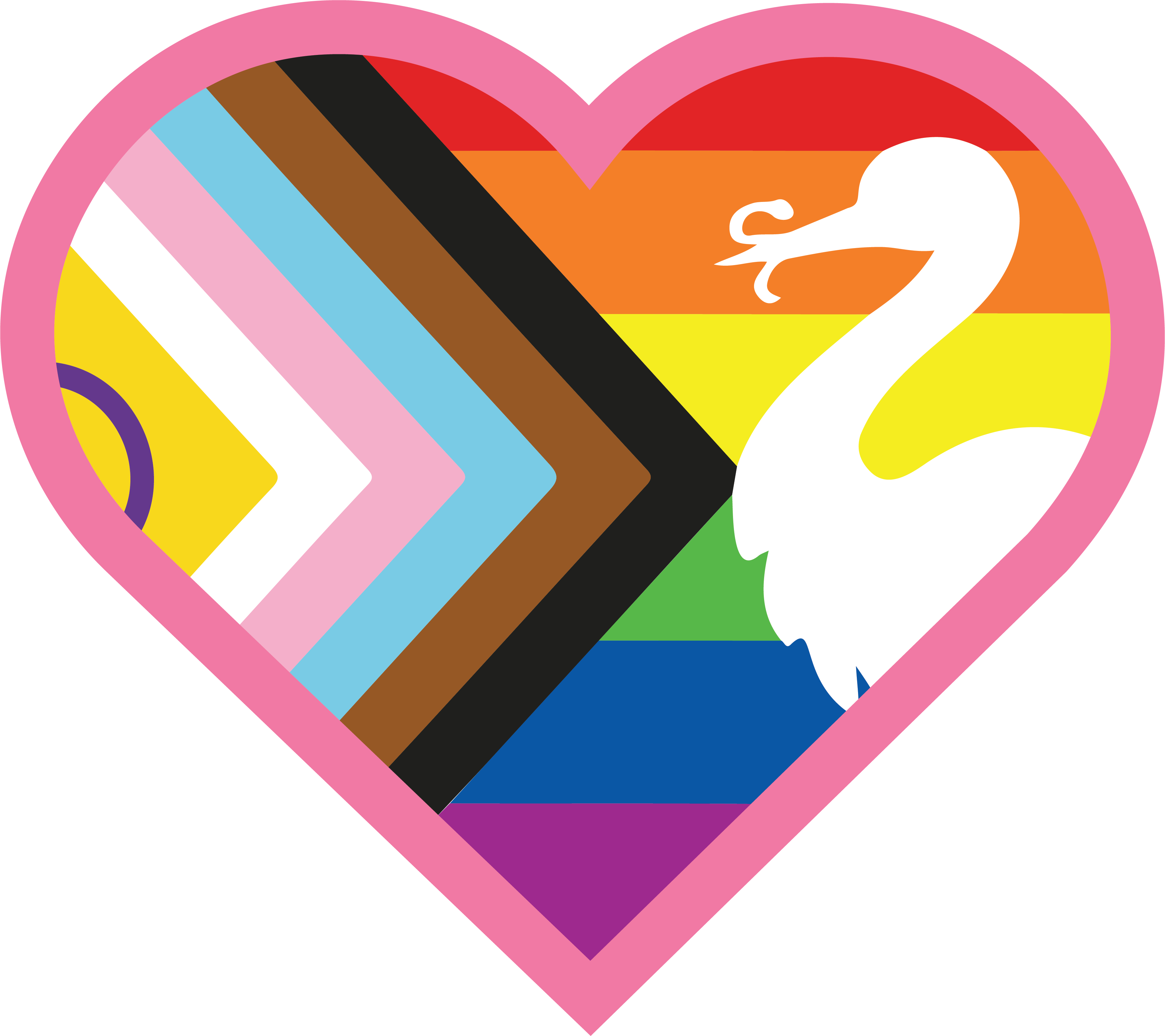Yanzi calls himself a gay activist. He was born and raised in a small conservative village in China, where his activism was born. Yanzi now lives in The Hague and enjoys the freedom here. In the meantime, he continues his activism and continues to support the Chinese-speaking queer community in The Hague.
Watch the video here or read his story.
Please introduce yourself.
I am Yanzi, I am from China and I am a gay activist. I work at the human rights organization in The Hague. I would like to share my story to show how we fight against discrimination and fight for equality all over the world as part of the international community.
Where does your activism come from and what motivates you?
Most of my activism is related to what I experienced growing up as a gay man in a small town in a conservative culture. For example, I went through electroshock conversion therapy in 2014. At that time, many members of our community experienced a similar situation, as did many teenagers and transgender people. They were taken to the hospital by their parents.
I felt that we should stand up, that I should stand up. I should fight against this situation. Then in 2014, I took a case to court and fortunately we won the case. That’s how I started my activism in China. After that, I supported many members of the community to use lawsuits as a way to fight against discrimination.
This kind of activism gives me a lot of strength, which allows me to make a change. I can make my life and society support our community.
What is it like for you to live in The Hague now?
The Hague is my second life. It is very important for my career and for my personal life. Because I had to stop my activism in China, and here in The Hague I found a safe place where I can be myself in freedom and I found a way to support our community, to continue my activism. Now that I live in The Hague, I experience that I can enjoy myself freely and continue my advocacy.
Why the Netherlands?
When I was still in China for my activism, I knew that the Netherlands was the first country to legalize same-sex marriage. I had some expectation that if I moved here, I would be able to continue my activism. And that was the case, ever since I arrived here. Taking the space to organize different activities for our community is perfectly okay in The Hague.
I myself have not experienced any bad things here in The Hague. I live with my partner, have set up my organization and continue to support our Chinese-speaking queer community in The Hague. So The Hague offers me a very good environment. I experience freedom here, the freedom to love someone and to support our community.
And for you personally?
I got married to my partner last year. Our partnership, our marriage, is recognized here. I think that is a very crucial and special experience for me. Especially because I come from a place where same-sex partnerships are not recognized. Here I file my taxes as a couple, as a family. And when I talk to the government and register something, I am a married person. So it is really recognized in law. That is very important to me.
Why is Pride The Hague important to you?
Because I live in The Hague, The Hague is my second home. So Pride The Hague means that I want the place where I live to become a better environment and also offer a better future, because I will live here for a long time.
Also, The Hague is quite an international, special and crucial city in the Netherlands. So I think it is symbolic that we make The Hague proud, and with that the whole country.
In the context of Pride The Hague 2024, stories are shared from people from the queer community of The Hague.
If you want to share your own story, click here for more information.





